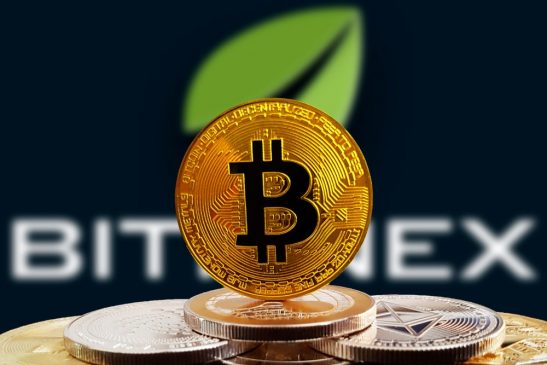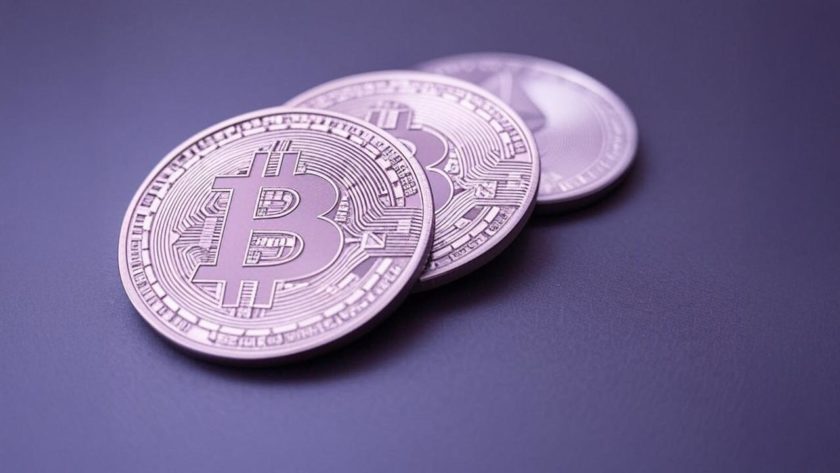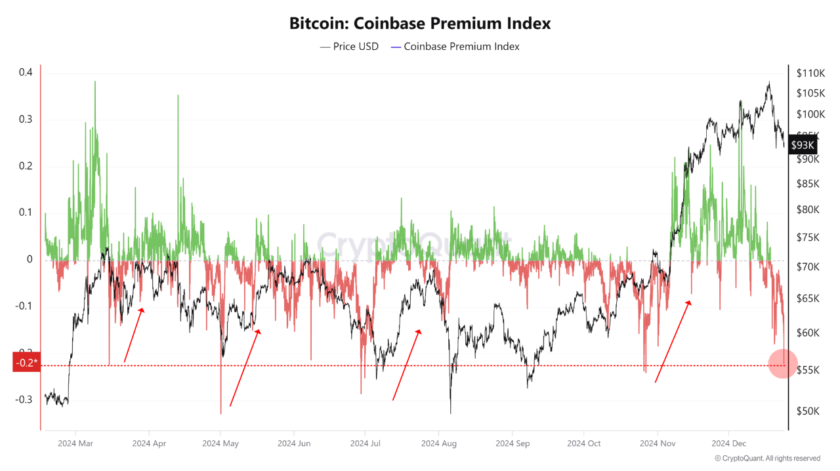By CCN: ShapeShift CEO Erik Voorhees made a valid observation on Twitter today, pointing out that there’s some degree of irony in the charges potentially facing embattled Bitcoin exchange Bitfinex: Tether had the cash reserves, despite wide speculation that the company had issued far more crypto tokens than it could settle.
Ironically, this latest Bitfinex drama may be the one thing that disproves the “Bitfinex’ed” conspiracy theory. If USD in that amount was seized/stolen/held by Crypto Capital, then the USD backing Tether DID actually exist after all. @Bitfinexed claim was that USD never existed.
— Erik Voorhees (@ErikVoorhees) April 26, 2019
NY Investigation: Proof of Bitcoin Exchange & Tether’s Solvency?
The New York attorney general alleges that Bitfinex – historically one of the largest Bitcoin exchanges – doesn’t have access to some $850 million Tether tokens and that it’s probably guilty of fraud as a result. The AG has demanded that Tether turn over documents to the State of New York, which includes materials that some traders may be uncomfortable with: full records on all traders who live in New York, and complete records on people who hold Tether and are believed to reside in New York.
Bitfinex denies most of the claims by New York. The company stopped exclusively offering Tether last year, and Tether changed its practices regarding withdrawals not long after. Crypto insiders have long suspected that all was not right with Tether Limited, the company which backs and issues Tether. The USD-pegged cryptocurrency remains the most significant and oldest stablecoin by market capitalization, with over 1 billion units in circulation. Unlike TrueUSD, Paxos Standard, and USDC.
Bitfinex says:
“The New York Attorney General’s court filings were written in bad faith and are riddled with false assertions, including as to a purported $850 million ‘loss’ at Crypto Capital. On the contrary, we have been informed that these Crypto Capital amounts are not lost but have been, in fact, seized and safeguarded. We are and have been actively working to exercise our rights and remedies and get those funds released. Sadly, the New York Attorney General’s office seems to be intent on undermining those efforts to the detriment of our customers.”
Either way, it seems that Tether was backed by actual dollars at one point, smacking down the more radical version of the “Bitfinex’d” conspiracy.
Other Crypto Stablecoins Suddenly in High Demand
Crypto traders haven’t abandoned Tether completely, but the token is currently trading at a discount to its supposed value. | Source: Shutterstock
Tether has pretty ridiculous withdrawal fees that encourage the money to stay in circulation. In fact, it’s cheaper to take a 1-2% loss by converting to another stablecoin and cashing out than it is to withdraw through Tether directly.
On another note, coins from the nearly 120,000 BTC Bitfinex hack have started moving, according to reports. The timing of this move is incredibly interesting and leads to many possible speculations. Earlier this year, about 27 BTC were returned to the Bitcoin exchange as a result of US government efforts.
The New York Attorney General alleges that Crypto Capital, a Panama company, stole about $850 million from Bitfinex, who were struggling to honor customer withdrawals at the time the AG’s investigation began. As Voorhees says, this proves that the money existed. Until pretty recently, the majority of Tether was held and used by Bitfinex users. The intimate relationship between Tether Limited and Bitfinex has changed significantly in the intervening months.
Still, if there was that much money available to steal, regardless of any wrongdoing and the other negatives surrounding this news, then at least one definite conclusion can be made: the money existed.
Nevertheless, a trove of data will soon be made available to reporters and the general public about Bitfinex and Tether Limited, regardless of the outcome. If Bitfinex and Tether are guilty of fraud, we’ll learn that too, but in the meantime, we may learn a lot of interesting facts about the internal options of one of the largest and oldest Bitcoin exchanges.
For their part, traders couldn’t exit Tether fast enough in the wake of the news, and the token now trades at a 1.2-cent discount to its supposed dollar peg. By press time, traders were still willing to pay a 3-cent premium to buy Paxos Standard, for example, at Binance.





